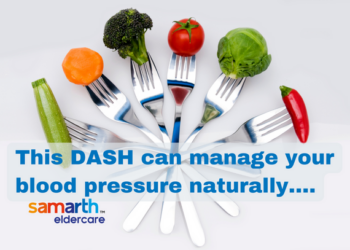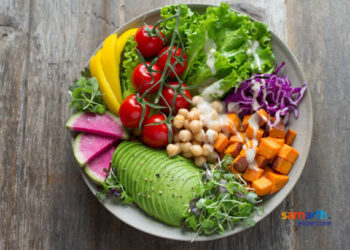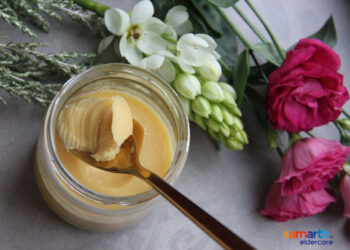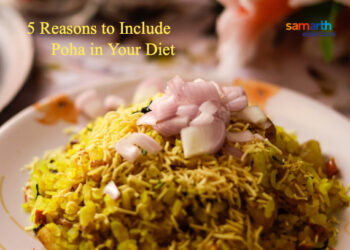Some love it, and some others don’t. It is a staple food in a few houses across India. The humble Upma and Sheera/Kesari are both made from Rava or Semolina. Commonly called Sooji in many parts of India, it is a coarse flour made from Durum wheat and is a great diet option for seniors. There are one or two other varieties of Rava made from different wheat varieties like Bansi Rava or Bombay Rava. They all differ in their texture based on the wheat they are made from. Dalia or broken wheat is the slightly bigger and coarser variety of Rava made from whole wheat.
Rava is a very popular Indian baby food as it’s easily chewable and provides them with a lot of nutrition for their growth. Interestingly, a combination breakfast of Upma and Kesar bath in Karnataka is called Chow Chow Bath!
Rava is used to make various sweet dishes like Burfi, Laddoo, Kheer, Halwa, Appam or Paniyaram, cake, and more. Rava can be used for breakfast to make not just Upma, but also many variations like Dosa, Idli, Porridge, Kozhakattai, etc. You could even replace rice with Rava for a tastier and healthier Pongal or Khichdi with moong dal. The popular Gujarati Dhokla, when made using Dhokla, tastes great as well. The best part of using Rava for making breakfast is that it cooks fast and tastes great. It makes for a great addition to the fried and baked snacks. It is also used as a coating for cutlets and other fritters and is usually called Rava fry.

Join Now >
Rava is a common food ingredient across India and is also easily available in any grocery store or supermarket. It is especially used in making Prasad (food offerings) for poojas. However, most people do not know that this humble food is highly nutritious. These also keep you full for long periods, and you won’t feel like snacking in between. This is why such foods make their way into the weight-loss diet. It contains 42% protein and 23% fibre, both of which are beneficial for our digestive health and prevents constipation.
It also contains many minerals such as Potassium, Iron, Zinc, Calcium, Magnesium, Copper, Manganese, Phosphorus, and Selenium. Each of these has a part to play in ensuring our good health. It also contains Folate, Vitamins B6 and E, and a few antioxidants that can keep our immunity levels high to fight infections.
- Good for heart health
Just like Poha, Rava is also a heart-friendly food. Fibre-rich diets bring down heart attacks by as much as 24%. This is because they bring down bad cholesterol, regulate blood pressure, and fight inflammation. The Folate and Magnesium present in Rava are also good for the heart. Hence, adding Rava into the regular diet may be a good idea to keep your heart healthy.
- Improves sugar control
It’s not just the heart; Rava is a good diet addition even for diabetic patients. The amount of fibre in Rava slows down the absorption of carbs into the bloodstream. This prevents spikes in blood sugar after the meal. The Magnesium in Rava helps our body respond better to insulin, thus regulating blood sugar levels.
- Prevents/fights Anaemia
Rava is a rich source of Iron, and regular consumption can help fight Iron deficiency which is common as we age. The only point to be noted is that there should be regular consumption of Vitamin C-rich fruits and veggies to aid the digestion and absorption of Iron in Rava. This also provides energy to keep going through the day.
- Improves bone and muscle strength
The Calcium, Magnesium, and Zinc present in Rava collectively help keep the bones and muscles healthy.
Note: Since Rava is made from wheat, people with gluten or wheat allergies should not consume the same.











